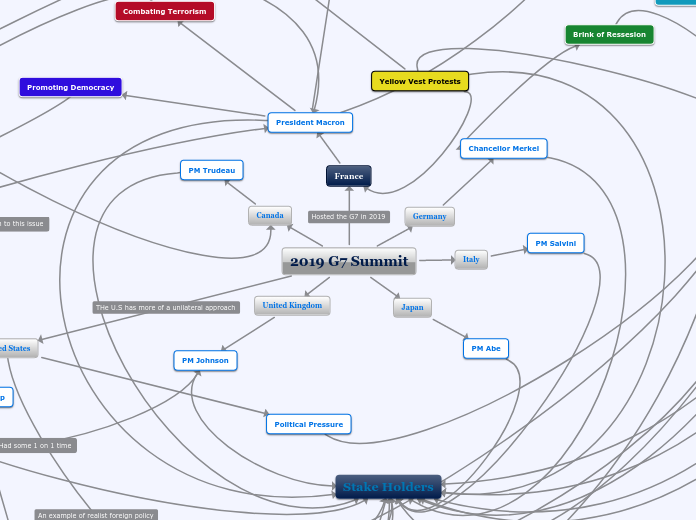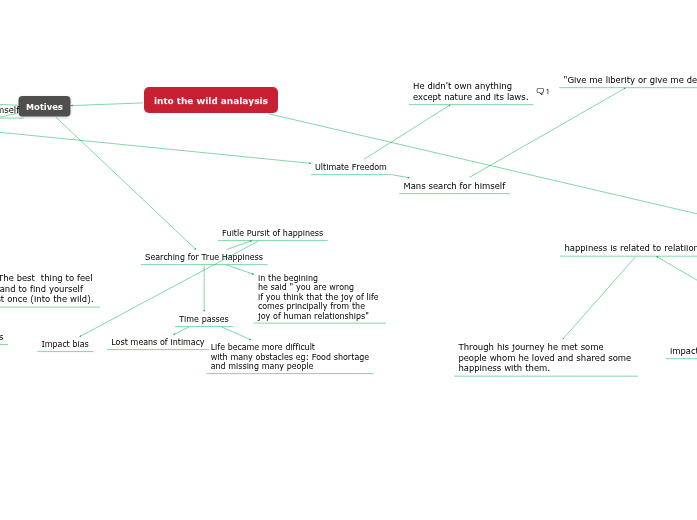によって Avery Webster 12か月前.
134
Jean-Jacques Rousseau
Jean-Jacques Rousseau's theories on nascent societies emphasize the negative consequences of social inequality and human vice that arose when people began living together in familial and communal settings.









